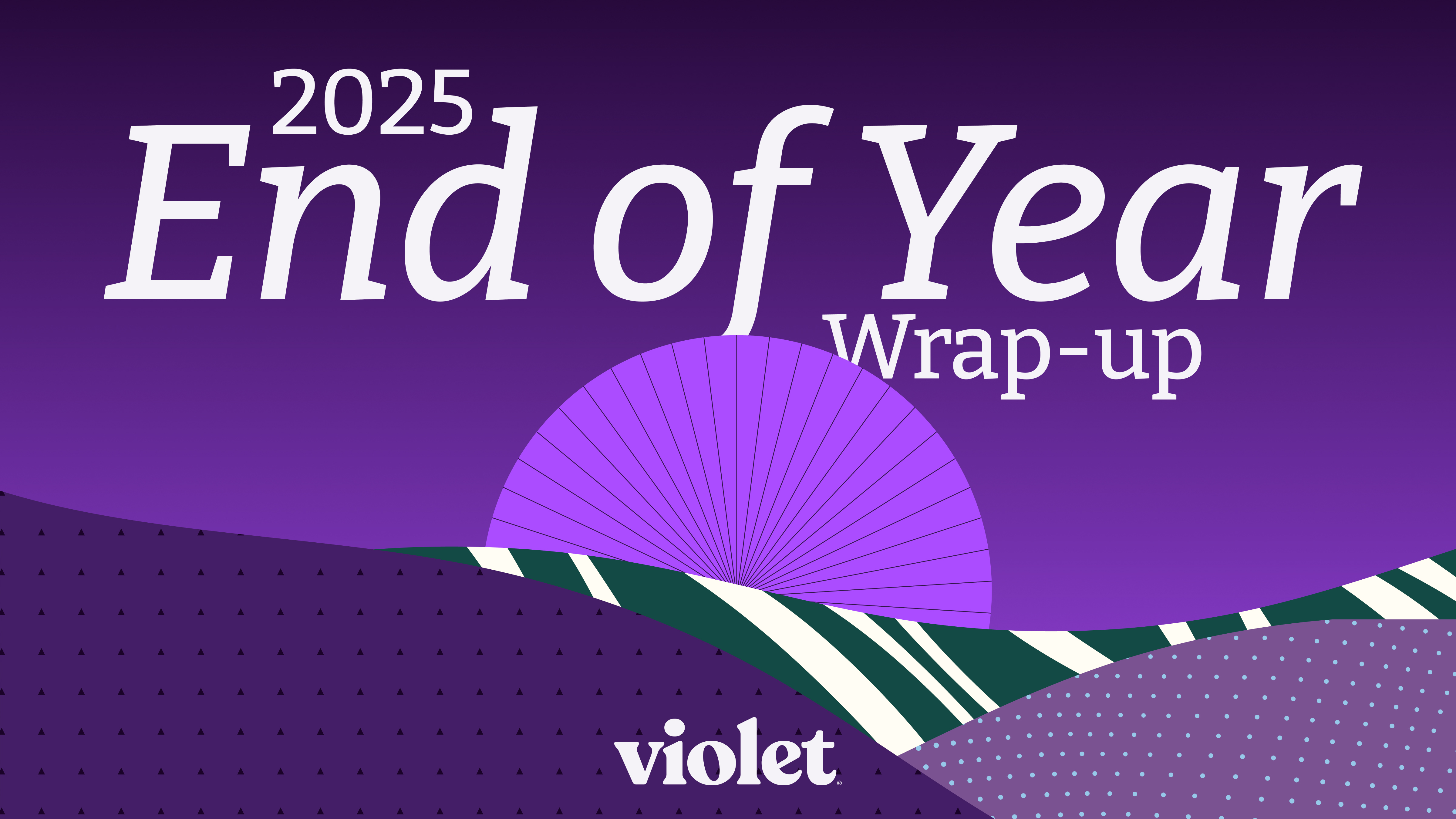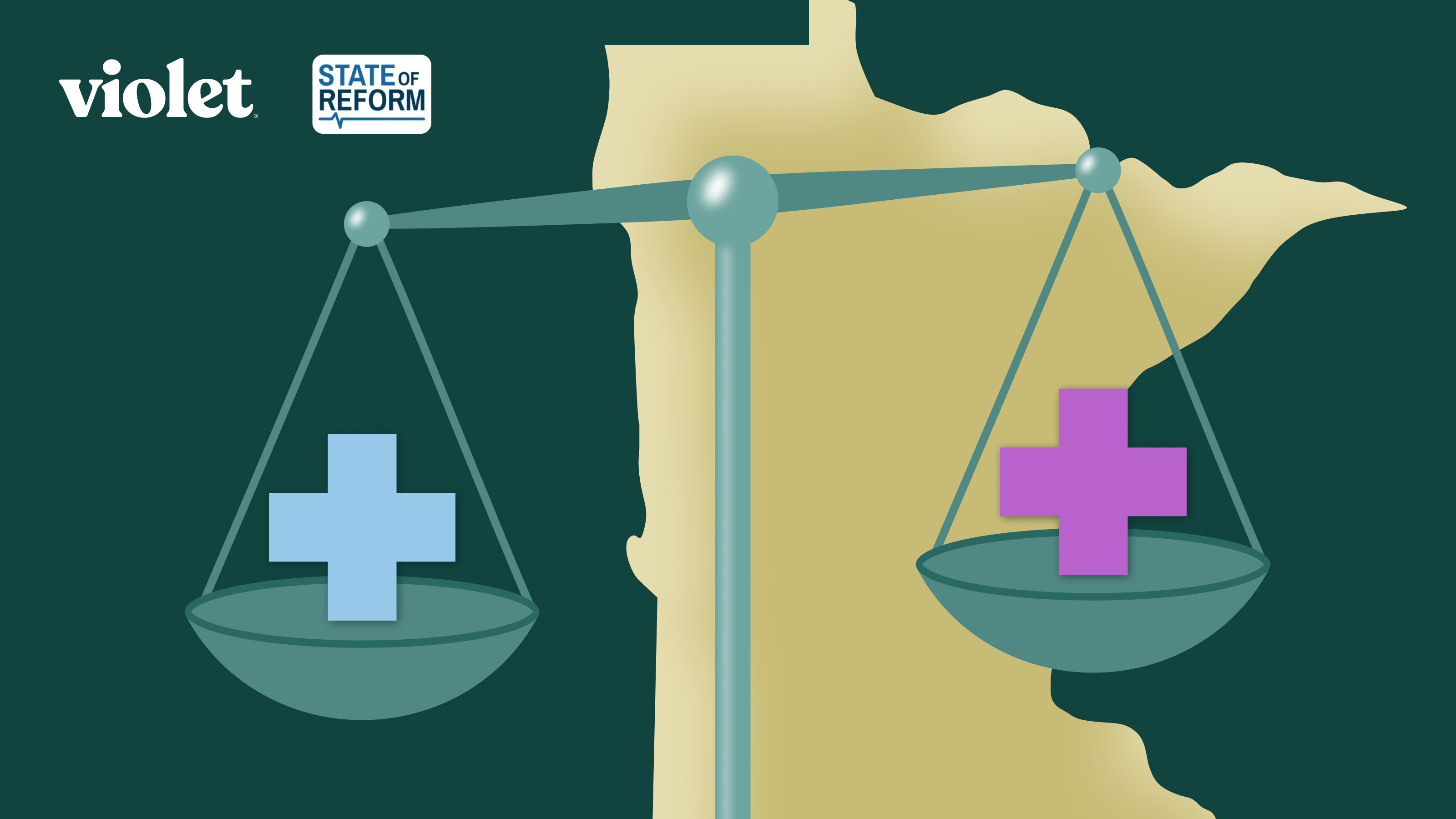The Centers for Medicare & Medicaid Services (CMS) introduced new requirements for Medicare Advantage (MA) plans in 2024. Most notable are the requirements related to health equity, which will impact MA plans’ existing health equity programs, as well as possibly affecting their plans’ reimbursement.
We’ve broken down the key components of these new requirements to give you a high-level overview of the changes:
Star Ratings System updates.
This rating system exists to help consumers pick the best plan by comparing the quality of Medicare health and prescription drug plans. Moving forward, CMS will be including a health equity index (HEI) reward for the Star Ratings system. This HEI “reward” exists to motivate plans to boost their ratings by improving care for enrollees who have specific social risk factors. The HEI data is to be recorded during the 2024 and 2025 measurement periods for the 2027 Star Ratings.
Identifying social risk factors (SRFs).
CMS defines SRFs as "factors related to health outcomes that are evident before care is provided, are not consequences of the quality of care and are not easily modified by health care providers." Also known as social determinants of health, SRFs are the wide-ranging social, economic, and community conditions that affect quality of life and drive differences in health and well-being. Identifying, reporting, and addressing these risk factors are critical to advancing health equity as they have major impacts on the health of individuals as well as on larger communities.
More details on equitable access.
Medicare Advantage plans are already required to deliver culturally competent care for individuals with limited English proficiency or reading skills, but these requirements have been expanded to include the following:
- Individuals belonging to BIPOC communities (Black, Indigenous, and People of Color) and of culturally diverse ethnic and/or religious backgrounds
- Disabled individuals
- Individuals belonging to LGBQ communities (Lesbian, Gay, Bisexual, Queer)
- Individuals who identify as TGNC (Transgender and Gender Nonconforming)
- Individuals living in rural areas and other areas with unequally distributed social determinants of health
- Individuals who are otherwise adversely affected by persistent poverty or inequality
Updated provider directories.
Medicare Advantage plans are now required to include provider language proficiency, including American Sign Language, that is either available from the provider themselves or via a medical interpreter in the provider’s office.
Quality improvement initiatives.
Lastly, CMS added a requirement that Medicare Advantage plans to incorporate one or more activities in their current quality improvement initiatives that are aimed at reducing health disparities. Quality improvement (QI) is a change in systems or processes that is made to increase quality health care, some examples include community-wide screening initiatives, patient reminder systems, and providing resources and education in a variety of languages.
For more details on these requirements, see the 2023 CMS Strategic Plan.
How Violet can help.
If your organization is looking to expand its health equity initiatives to meet the new 2024 CMS requirements, Violet can help:
- Identify inclusive providers. With Violet Benchmarks, your organization can gauge your team’s cultural competence levels for working with BIPOC, LGBQ, and TGNC communities. By using our standardized measure of cultural competence, you can uncover inclusive providers within your workforce, and upskill your care delivery team’s ability to meet the needs of culturally diverse patients.
- Gather provider SOGI, REAL, and language data. You can easily aggregate provider information, including language proficiency skills, to better match patients with the right clinicians for them.
- Implement Clinical Quality Education Interventions (CQEI). Drive continuous improvement in specific quality measures and address health disparities using Violet’s CQEI program. Evidence-based educational pathways include depression screenings in primary care settings, referrals for lactation specialists, prescriptions for home blood pressure monitoring, and more.
To get started, book a demo today.
.png)
.svg)
.png)





.png)

